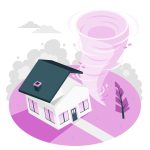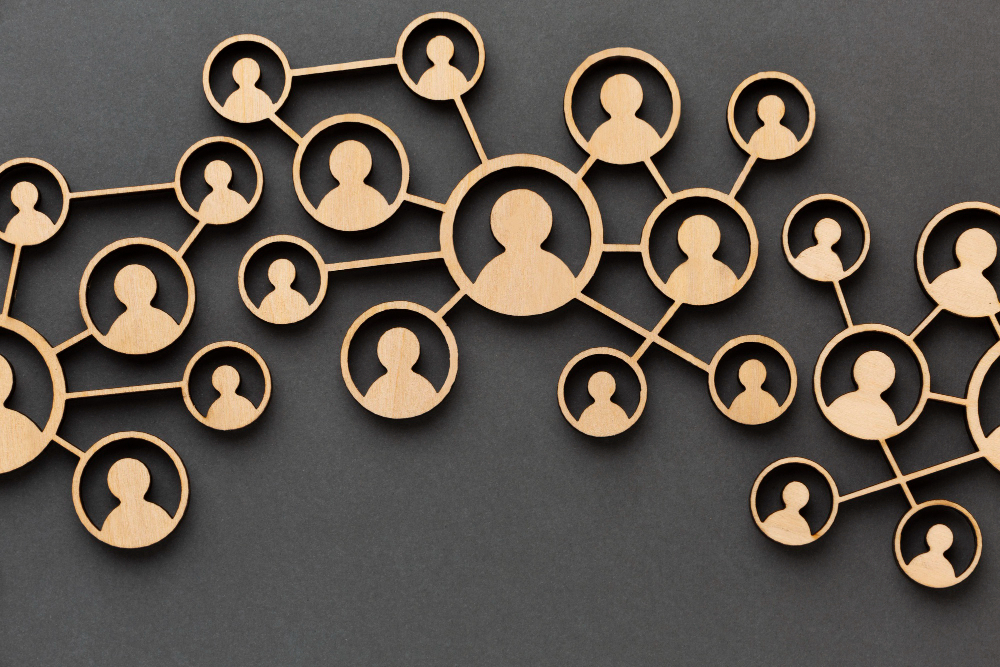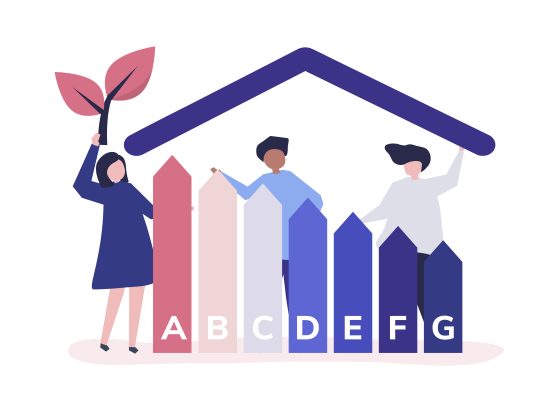
Toxic Water? When Community Ponds Can Become Deadly
May 29, 2024
Protecting Association Finances During Hurricane Season: A Comprehensive Guide
July 11, 2024The Key Roles and Responsibilities of Effective HOA Board Members
Homeowners Associations (HOAs) play a crucial role in managing and maintaining the quality of life within residential communities. At the heart of every successful HOA are its board members—dedicated individuals who volunteer their time and expertise to ensure the community runs smoothly. To be effective in their roles, HOA board members must understand and execute a range of responsibilities. Here’s a comprehensive guide to the key roles and responsibilities of effective HOA board members.
Governance and Leadership
Role: Board members serve as the governing body of the HOA, setting policies and making decisions that shape the community.
Responsibilities:
- Policy Development**: Establish and periodically review the association’s policies, bylaws, and rules to ensure they meet the community’s needs and comply with state and federal laws.
- Strategic Planning**: Develop long-term goals and strategic plans that align with the community’s vision and needs.
- Decision-Making**: Make informed decisions that reflect the best interests of the entire community, avoiding personal biases.
Financial Oversight
Role: Ensure the HOA’s financial health and integrity.
**Responsibilities**:
- Budgeting**: Develop and approve an annual budget that covers all anticipated expenses, including maintenance, repairs, and reserves.
- Financial Reporting**: Regularly review financial statements and reports to monitor the association’s financial status.
- Reserve Funds**: Ensure adequate reserve funds are maintained for future capital improvements and unexpected expenses.
- Assessment Collection**: Oversee the fair and timely collection of HOA dues and assessments, addressing delinquencies as necessary.


Community Management
Role: Manage the day-to-day operations and maintenance of the community.
Responsibilities:
- Maintenance and Repairs: Ensure common areas and facilities are well-maintained and necessary repairs are completed promptly.
- Vendor Management: Hire and oversee vendors and contractors for services such as landscaping, security, and property management..
- Enforcement: Enforce community rules and regulations consistently and fairly, addressing violations in a timely manner..
Communication and Transparency
Role: Facilitate open and transparent communication with residents.
Responsibilities:
- Regular Updates: Provide residents with regular updates on board decisions, community projects, and financial status through newsletters, emails, or meetings.
- Open Meetings: Conduct open board meetings where residents can voice concerns and provide feedback.
- Conflict Resolution: Address conflicts and disputes within the community through fair and transparent processes.
Legal and Ethical Compliance
Role: Ensure the HOA operates within legal and ethical boundaries.
Responsibilities:
- Legal Compliance: Stay informed about relevant local, state, and federal laws affecting the HOA and ensure the association’s policies and actions comply with these laws.
- Ethical Conduct: Adhere to high ethical standards, avoiding conflicts of interest and acting in the best interest of the community at all times.
- Risk Management: Identify potential risks and implement policies and procedures to mitigate them.
Education and Training
Role: Continuously improve their knowledge and skills.
Responsibilities:
- Training Programs: Participate in training programs, workshops, and seminars related to HOA management, legal updates, and best practices.
- Knowledge Sharing: Share knowledge and insights gained from training with fellow board members and the community.
Effective HOA board members are the backbone of a well-functioning community. By embracing their roles with dedication and integrity, they help create a harmonious and thriving living environment. Whether it’s through sound financial management, transparent communication, or fair enforcement of rules, their contributions are invaluable to the health and happiness of the community they serve.

Effective HOA board members are the backbone of a well-functioning community. By embracing their roles with dedication and integrity, they help create a harmonious and thriving living environment. Whether it’s through sound financial management, transparent communication, or fair enforcement of rules, their contributions are invaluable to the health and happiness of the community they serve.




